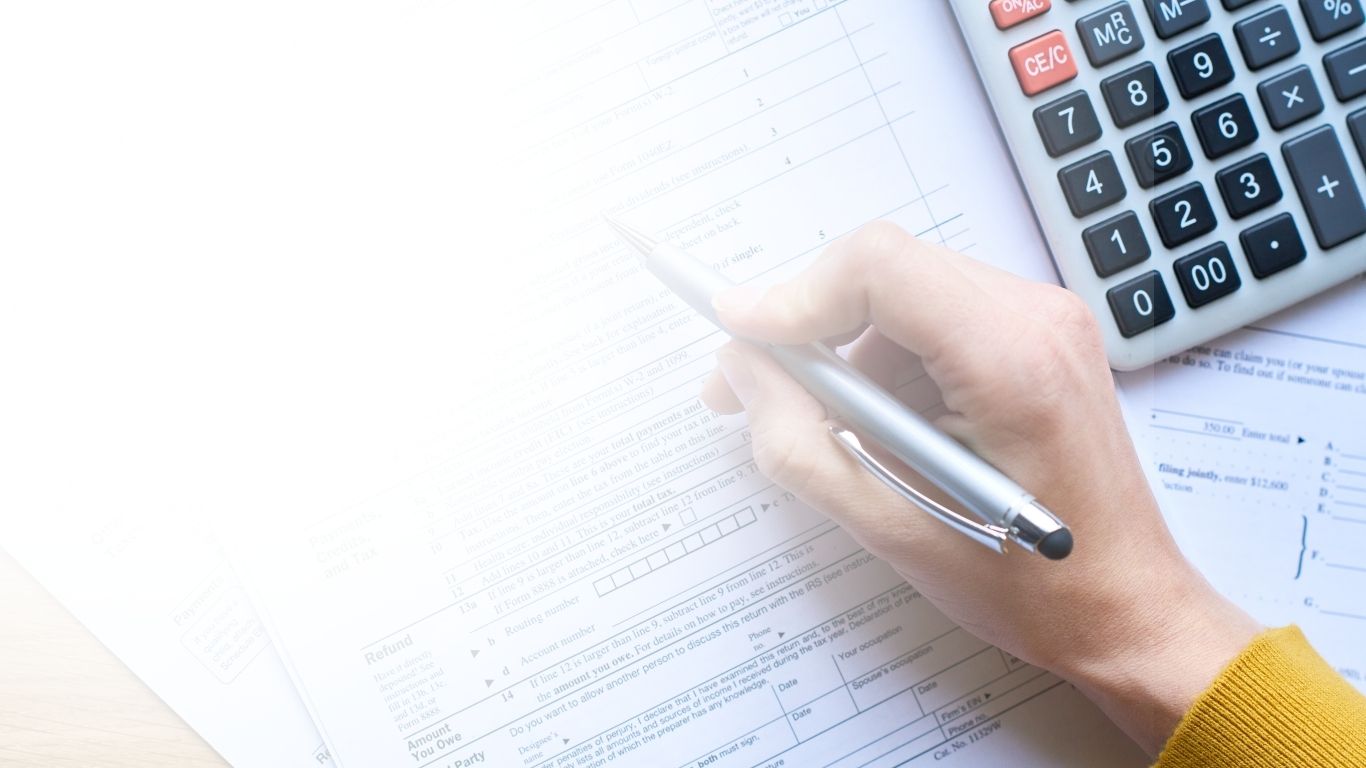Tax audits are a routine part of the business landscape. They are a natural outcome of the self-assessment system and serve as a check and balance mechanism for tax obligations (Rabiyah, 2015). The OECD defines a tax audit as an examination to ensure that a taxpayer has accurately reported their tax liabilities and fulfilled other obligations. In its report titled “Strengthening Tax Audit Capabilities: General Principles and Approach”, the OECD categorizes tax audits into three main types: comprehensive audit, limited scope audit, and desk audit or review (OECD, 2006).
In Indonesia, tax audits are governed by Article 17 of Law Number 6 of 1983 regarding General Provisions and Procedures of Taxation, as amended by Law Number 7 of 2021 regarding Harmonization of Tax Regulations. These provisions define an audit as a series of activities to collect and process data, information, and evidence, conducted objectively and professionally based on audit standards for compliance checking purposes and other purposes to implement tax laws and regulations.
The procedures for tax audits were initially outlined in Minister of Finance Regulation (Peraturan Menteri Keuangan / PMK) Number 17 of 2013 regarding Tax Audit Procedures as amended by PMK 184 of 2015. Recently, the government updated these procedures in PMK Number 15 of 2025, coinciding with the coretax system implementation in early 2025.
Taxpayer Rights
PMK Number 15 of 2025 introduces updated technical provisions for tax audits, including specific rights for taxpayers. These rights include:
- first, requesting the tax auditor to show their auditor ID badge and Audit Warrant;
- second, asking the tax auditor to provide a Notice of Field Audit;
- third, requesting the tax auditor to show a letter certifying changes in the auditor team composition if such changes occur; and
- fourth, asking the tax auditor to explain of the reason and purpose of the tax audit.
Additionally, the provisions specify the following rights during a tax audit for compliance checking purposes as follows:
- first, pointing out any inaccuracies in tax return filings as per Article 8 Section 4 of the General Provisions and Procedures of Taxation Law;
- second, receiving written notification of audited items in the tax return, data, and/or specific tax matters if a focused tax audit is conducted;
- third, receiving written notification on any changes of audited items in the tax return, data, and/or specific tax matters in a focused tax audit;
- fourth, attending temporary findings discussion;
- fifth, presenting, delivering, and/or providing books, notes, data, or information, including electronic data, during temporary findings discussion;
- sixth, presenting witnesses, experts, or third parties during temporary findings discussion;
- seventh, receiving a list of findings from the audit results attached to the Notification of Tax Audit Findings;
- eighth, attending the closing conference at the specified time;
- ninth, requesting a discussion with the audit quality assurance team if audit results are disputed by the tax auditor and the taxpayer at the closing conference, except for audits conducted for compliance checking purposes with specific criteria as referred to in Article 4 Section 1 Point l;
- tenth, receiving a notification letter on the audit suspension if the audit is suspended due to a preliminary evidence audit; and
- eleventh, receiving a notification letter on the resumption of the suspended audit following a preliminary evidence audit.
Compared to previous provisions, PMK Number 15 of 2025 significantly expands taxpayer rights. PMK Number 15 of 2015 outlines three types of audits: comprehensive tax audit, focused tax audit, and specific tax audit—aligning with OECD standards. Furthermore, the latest provisions introduce the temporary findings discussion, which was not covered in the previous provisions.
Taxpayer Obligations
The latest provisions also outline the following five key obligations for taxpayers during audits:
1.first, providing the tax auditor with access to books, records, and/or documents used for bookkeeping or recording, as well as other documents related to income, business activities, freelance work, or land and building tax object payable, or related to the audit purpose;
2. second, allowing tax auditors to access and/or download electronic data;
3. third, allowing tax auditors to access places or spaces, movable goods, and/or immovable goods necessary for the audit, including those used for:
- storing books, records, and/or documents, including electronic data used for bookkeeping or recording;
- saving documents;
- saving money; and/or
storing goods,
which can provide clues on the income, business activities, freelance work, tax objects payable related to the audit;4. fourth, assisting to ensure the audit runs smoothly, which may include:
- providing personnel and/or equipment at the taxpayer’s expense if accessing electronic data requires special equipment and/or expertise;
- granting access to movable and/or immovable property;
- providing a dedicated room for the audit if it takes place at the taxpayer's premises and/or the land and building tax object location; and
providing support staff if necessary.
5. fifth, providing data, information, statements, and/or oral and/or written explanations requested by the tax auditor, including complying with summons to appear at the Directorate General of Taxes office.
Relevant Provisions
- Law of the Republic of Indonesia Number 6 of 1983 regarding General Provisions and Procedures of Taxation as amended by Law of the Republic of Indonesia Number 7 of 2021 regarding Harmonization of Tax Regulations;
- PMK Number 17 of 2013 regarding Tax Audit Procedures as amended by PMK Number 15 of 2025 regarding Tax Audits.
References
- OECD2006Strengthening Tax Audit Capabilities: General Principles and ApproachParisOECD
- Pengaruh Pemeriksaan dan Pelaksanaan self Assessment system terhadap Peningkatan Kepatuhan Wajib Pajak pada KPP Madya Makassar2015Jurnal Nobel


